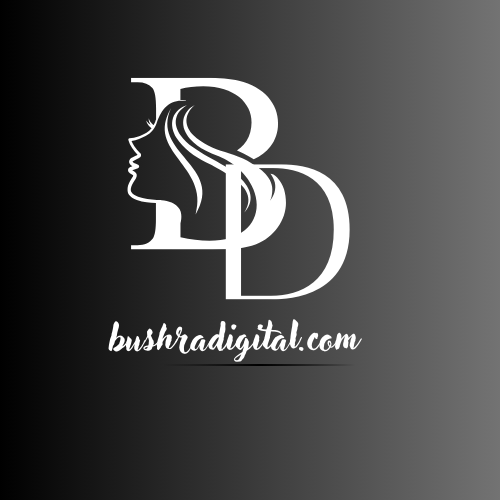Digital Marketing differ from traditional marketing
1.Channels and Platforms:
Digital Marketing:
Utilizes online channels such as websites, social media, email, search engines, and mobile apps.
Traditional Marketing:
Relies on offline channels such as print (newspapers, magazines), broadcast (TV, radio), direct mail, and outdoor advertising (billboards).
2.Targeting and Personalization:
Digital Marketing:
Allows precise targeting based on demographics, interests, behavior, and location. Personalization is easier through data analysis and automation tools.
Traditional Marketing:
Offers broader targeting through general demographics and geographic regions, with limited personalization capabilities.
3.Cost and Efficiency:
Digital Marketing:
Digital Marketing differ from traditional marketing often more cost-effective, with lower entry costs for small businesses. Campaigns can be quickly adjusted based on performance metrics.
Traditional Marketing:
‘Typically involves higher costs, especially for TV and print ads, with longer lead times for campaign adjustments.
4.Measurability and Analytics:
‘Provides detailed analytics and real-time tracking of campaign performance, allowing for data-driven decisions and optimization.
Traditional Marketing: ‘
Measurement is less precise, often relying on surveys and sales data, making it harder to attribute success directly to specific campaigns.
5.Interactivity and Engagement:
Digital Marketing:
Enables direct interaction with the audience through social media, comments, and online customer service, fostering engagement and feedback.
10 difference between Digital Marketing and Traditional Marketing.

